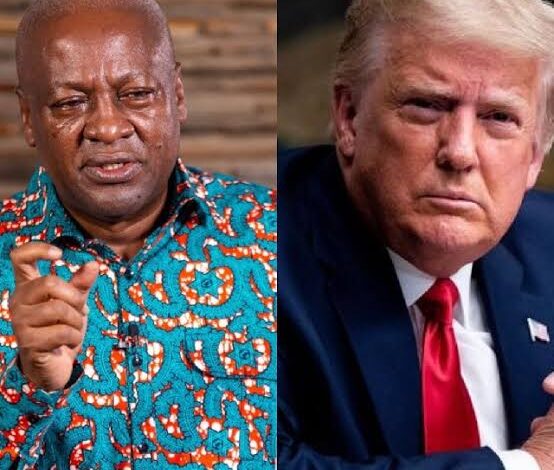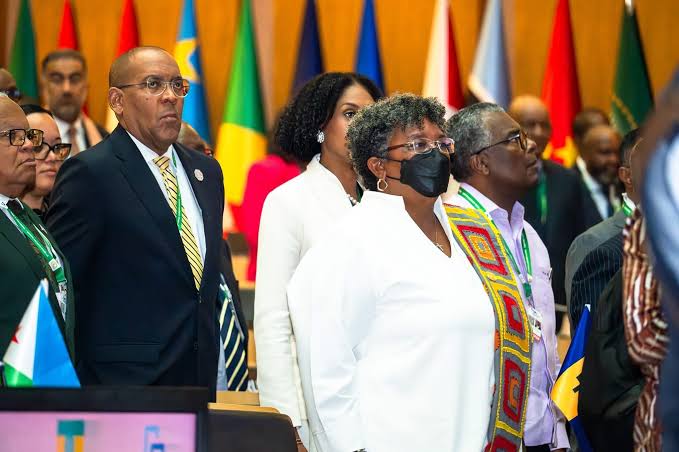
Faith Nyasuguta
At the recent Africa-CARICOM Summit in Addis Ababa, African and Caribbean leaders have renewed and enlarged their calls for reparations, declaring that over six decades of formal independence have not erased the economic, social and psychological wounds of slavery and colonialism.
The meeting, held under the theme “Transcontinental Partnership in Pursuit of Reparatory Justice for Africans and People of African Descent through Reparations,” brought together heads of state, civil society leaders and diaspora representatives to push for concrete redress.
Kenya’s President William Ruto spoke passionately, saying this is not just about financial compensation but about restoring dignity, honouring resilience, and addressing the inequalities still rooted in centuries of exploitation. He emphasized that reparations must also address current issues that colonialism exacerbated – unsustainable debt burdens, climate change impacts and inadequate infrastructure – rather than merely provide symbolic gestures.
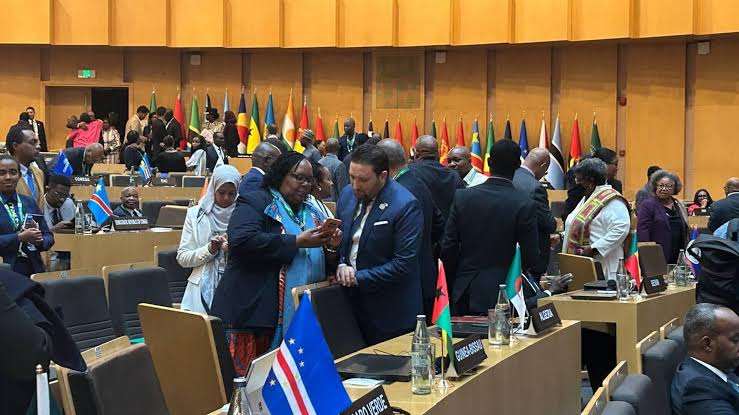
African Union Commission Chairperson Mahmoud Ali Youssouf described the summit as a watershed moment, calling on former colonial powers to acknowledge historic crimes, provide meaningful reparations and help dismantle the structural systems that perpetuate inequality. He stressed that the fight for reparatory justice is not only about the past but central to shaping a fairer future for all people of African descent.
Human rights advocates attending the summit outlined how international law offers standards that should guide reparatory processes. They argued that reparations must be victim-centred, include affected communities in decision making and take many forms – from apologies and restitution to compensation, educational support and structural reforms. By doing so, they said, reparatory justice would be felt not only in symbolic terms but in the day-to-day lives of those who have long borne the legacy of colonialism.
At the same time, leaders used the summit to call for reforms in global financial architecture and trade systems. The Africa-CARICOM partnership seeks stronger collaboration in development finance, technology transfer, climate funding and the return of cultural artefacts taken during the colonial era. Many leaders argued that global institutions such as the International Monetary Fund, the World Bank and major former colonial powers need to engage seriously with these demands if they are to have real impact.
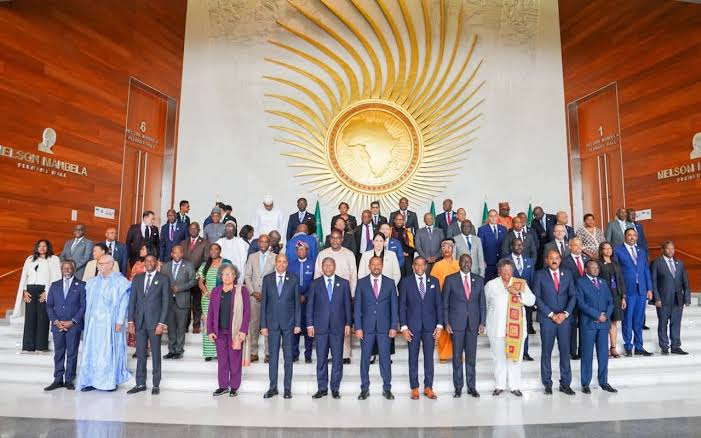
There is also increasing agreement that reparations demands must be unified and persistent. Ghanaian President John Mahama, who is championing the African Union’s 2025 theme “Justice for Africans and People of African Descent through Reparations,” announced that the focus on reparatory justice will be extended through 2026-2036, giving momentum and time for implementation and institutionalisation of reparations across member states.
Despite the enthusiasm, challenges remain. Former colonial powers have so far been reluctant to commit to large-scale financial payments or to facilitate institutional changes. And there is debate within the reparations movement about how to measure harms, who qualifies, what form reparations should take and how to ensure that programs to remedy colonial legacies are both fair and effective. This internal debate reflects the complexity of translating moral and historical arguments into concrete policies that deliver real change.
As the summit concluded, leaders expressed hope that this renewed alliance between Africa and the Caribbean will shift reparatory justice from rhetoric to action. With shared history, shared demand and a growing global awareness, the stage is being set for reparations to become a recognized pillar of development, justice and dignity in this transcontinental movement.
In the words of one Caribbean delegate, “Reparations are not a plea for charity but a demand for justice.” This statement captured the summit’s overall tone: determined, forward-looking and united. By linking reparatory justice to broader structural reforms – from trade and finance to climate resilience – African and Caribbean leaders are seeking to transform the historical narrative from one of exploitation to one of partnership and empowerment.
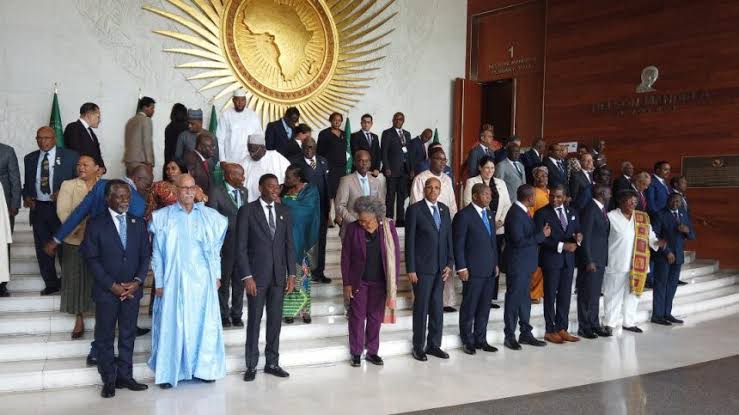
Observers say that if the movement stays cohesive and is paired with practical proposals, it could mark the beginning of a new chapter in international relations. Rather than seeing reparations as a single payout, the summit framed them as part of a larger process of rebalancing global economic and political systems. The coming years will test whether the world’s former colonial powers are prepared to engage in that process.
For now, the Africa-CARICOM Summit has made clear that the call for reparations is not fading. Instead, it is gathering momentum, broadening its scope and linking with other global justice movements. It signals a growing conviction across continents that healing the wounds of the past is inseparable from building a fair and sustainable future.
RELATED:






